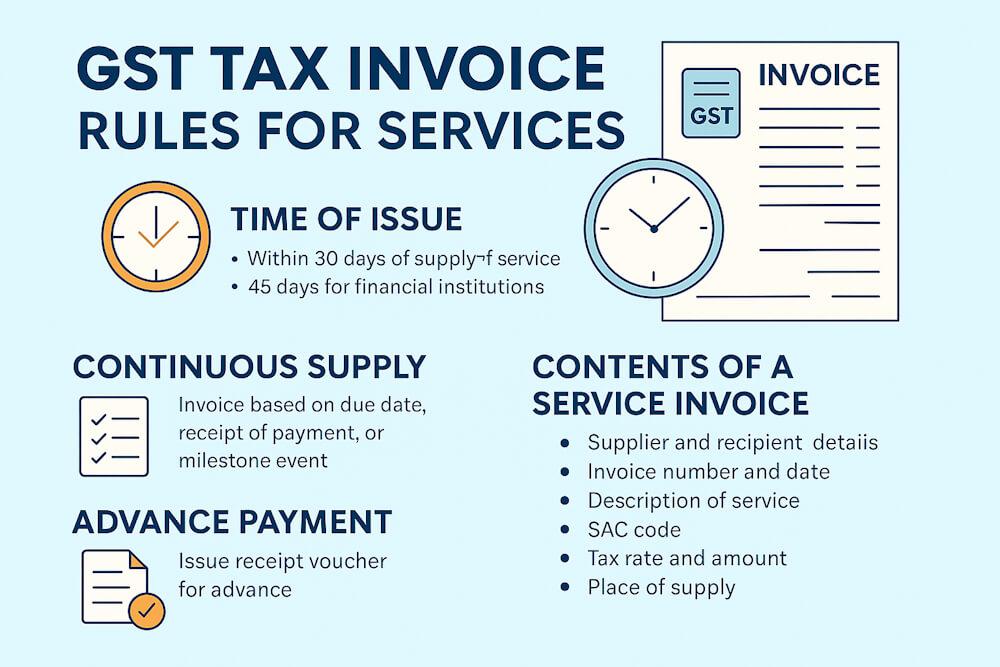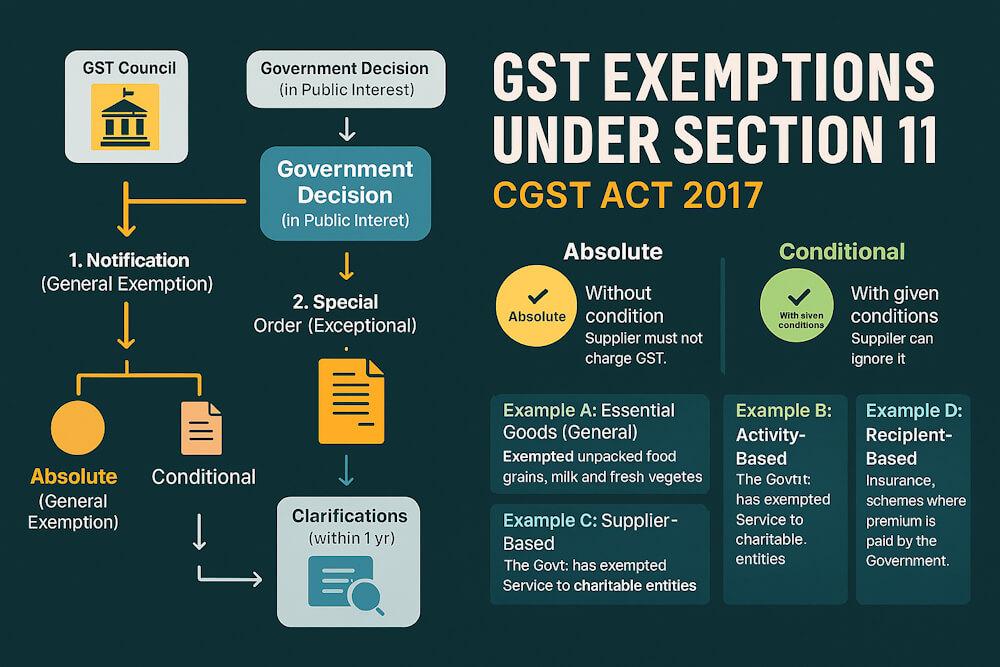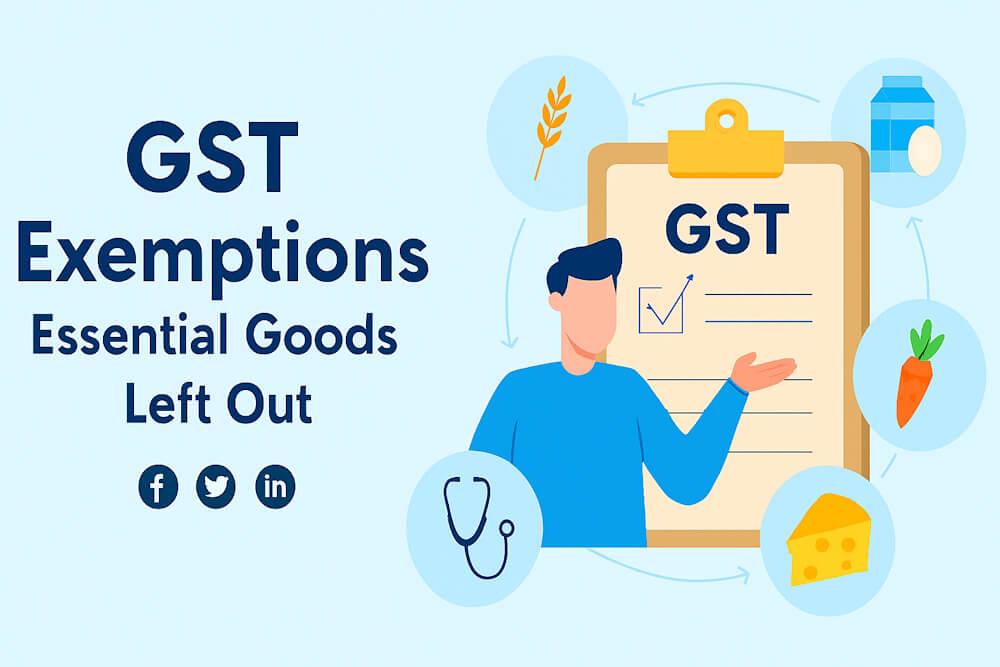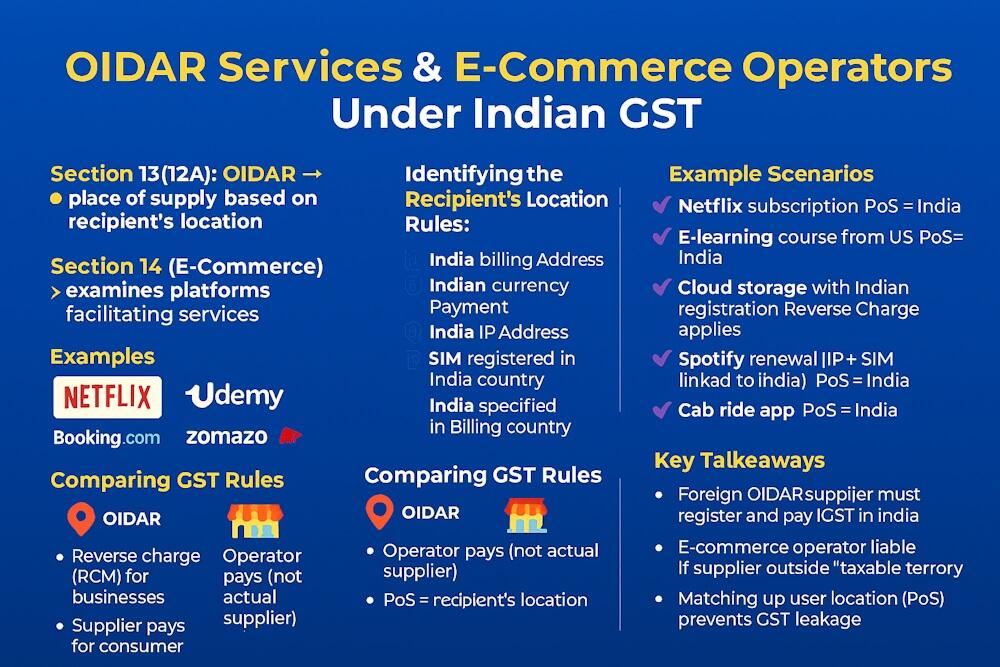Businesses often use promotions and discounts to attract customers — “Buy 1 Get 1 Free,” “Free Samples,” or “Cashback Offers.”
But under GST, even these marketing tactics have tax implications.
So the big question is —
- Are these “free” items really free from GST?
- How do you handle tax on discounts, incentives, and promotional schemes?
Let’s break down everything you need to know about Sales Promotion Schemes and Free Supplies under GST — in plain, simple language with examples.
Why Promotions Matter Under GST
Promotional activities are common across industries — from FMCG and electronics to automobiles and retail. While customers see them as “offers” or “freebies,” the government sees them as transactions of value that may still fall under the definition of supply.
Under Section 7 of the CGST Act, 2017, “supply” includes all forms of transfer, exchange, or disposal made for consideration — and even some supplies without consideration (as per Schedule I).
So, depending on how the promotion is structured, GST may or may not apply.
Types of Common Sales Promotion Schemes
Businesses generally run several types of promotional offers. Under GST, they can be broadly divided into these categories 👇
- Discount-based schemes (e.g., cash discounts, volume discounts)
- Free sample or gift promotions
- Buy 1 Get 1 Free offers
- Incentives to distributors or dealers
- Coupons, vouchers, and cashback schemes
Let’s go through them one by one — and see how GST treats each.
1. Discounts and Schemes with Consideration
(a) Pre-Supply Discounts
If a discount is known before or at the time of supply, and is clearly mentioned in the invoice, GST is charged on the discounted value.
Example: A company sells goods worth ₹10,000 with a 10% discount shown in the invoice. 👉 GST will be applied on ₹9,000 only.
✅ Condition: The discount must be agreed upon before supply and properly documented.
(b) Post-Supply Discounts (After Sale)
If a discount is given after the sale (like annual volume discounts or incentives), it can be excluded from taxable value only if:
- There’s a prior written agreement with the buyer, and
- The buyer reverses the corresponding Input Tax Credit (ITC).
Example: A manufacturer gives a year-end 5% discount based on total purchase volume. If these conditions are met, GST can be adjusted via credit note.
Otherwise, the discount becomes non-adjustable and GST remains on the original sale value.
2. Free Samples and Gifts
Many businesses distribute free samples to dealers, doctors, or customers to promote their products. While it’s great for marketing, under GST, this creates a tricky situation.
Rule: If goods are supplied free of cost, and no consideration is received, it is not a supply under Section 7 — unless it falls under Schedule I (supply without consideration).
However, there’s one catch 👉 If you’ve claimed Input Tax Credit (ITC) on the goods that you later give away as free samples, that ITC must be reversed.
Example: A cosmetic company distributes free face cream samples (on which ITC was earlier claimed). Even though there’s no sale, the company must reverse the ITC because the goods were used for non-business consideration.
In short:
- Free samples → Not taxable.
- But ITC reversal required if already claimed.
3. “Buy One Get One Free” Offers
These are very popular — but from a GST perspective, they aren’t truly “free.”
In most cases, “Buy 1 Get 1 Free” is treated as a composite supply or discounted sale, not a zero-value transaction.
💬 Example: A supermarket runs a “Buy 1 shampoo, Get 1 free” offer. In reality, the price of both shampoos is bundled together in the cost of one.
👉 So GST will apply on the total price charged — and not be considered a free supply.
Key Point: Even if one item is marked “free,” GST applies to the total combined value of the offer.
🔹 4. Incentives and Rewards to Distributors or Dealers
Companies often reward their dealers with travel packages, gold coins, or gifts for achieving sales targets.
💬 Example: A manufacturer gives its top dealer a “Free Thailand Trip” for crossing ₹1 crore in sales. Even though it’s called “free,” it’s actually linked to performance — meaning there’s an indirect consideration.
👉 Hence, such rewards are treated as supply under GST, and tax must be paid on the fair value of the gift.
ITC Treatment: If the goods or services used to provide such rewards are for business promotion, ITC can generally be claimed. However, if it’s a pure gift unrelated to business obligation, ITC is not allowed under Section 17(5)(h).
5. Coupons, Vouchers, and Cashback Offers
Coupons and vouchers are another creative way businesses attract customers — “₹500 Gift Voucher” or “10% Off Coupon.”
GST impact depends on how and when the voucher is redeemed.
💬 Case 1: Face Value Voucher If a voucher has a monetary value (like ₹500 coupon), GST applies when it’s redeemed, not when it’s issued.
💬 Case 2: Specific Product Voucher If it’s redeemable for a specific item (say, “Free Pizza Voucher”), GST applies at the time of issue, because the product is identifiable.
💬 Example: If Domino’s issues a “Free Pizza Voucher,” GST applies when voucher is sold. If Paytm gives ₹100 cashback coupon, GST applies only when the user redeems it for goods or services.
Important Clarifications from GST Authorities
Some circulars and clarifications have further explained how sales promotions are treated. Here’s a quick summary in simple terms 👇
| Type of Promotion | GST Treatment | ITC Allowed? |
| Pre-supply discount | GST on net value | Yes |
| Post-supply discount (with conditions met) | Allowed via credit note | Yes |
| Free samples (without consideration) | Not taxable | No (reverse ITC) |
| Buy 1 Get 1 Free | Tax on total price | Yes |
| Gifts/rewards to dealers | Taxable | Conditional |
| Coupons/vouchers | Depends on redemption type | Yes, in most cases |
Common Confusions (Cleared Up)
❓Is a “Free Supply” always tax-free?
Not necessarily. If ITC is claimed or it’s a related-party/deemed supply, tax may still apply.
❓What if a supplier reimburses a retailer for discount given?
That discount is still part of the overall taxable value if not pre-agreed in writing.
❓Can a business claim ITC on promotional items like T-shirts or pens?
If distributed free of cost for brand promotion (without consideration), ITC cannot be claimed. But if supplied as part of a taxable transaction (say, promotional combo pack), ITC is allowed.
Real-World Scenarios
| Situation | GST Impact | Explanation |
| Free cosmetic samples | ❌ Not supply, but ITC reversal needed | No consideration received |
| “Buy 2 Get 1 Free” | ✅ Taxable on total price | Treated as composite sale |
| Dealer incentive trip | ✅ Taxable | Considered reward linked to sales |
| Cashback offers | ✅ Taxable when redeemed | Treated as discount |
| Vouchers for fixed goods | ✅ Taxable at issue | Product identifiable |
| Free calendar/gift to retailer | ✅ Taxable | Supply without consideration (Schedule I) |
Key Takeaways
- GST doesn’t tax generosity, but it does tax anything that gives business value.
- Always check whether there’s consideration (direct or indirect) or ITC involvement.
- If you’ve claimed ITC on something you’re giving away free — reverse it.
- Keep promotional offers well-documented — invoice clarity matters.
- Understand the difference between:- Marketing discount (taxable adjustment), Free sample or gift (non-taxable but ITC reversal)
Final Thoughts
Sales promotions and freebies are great marketing tools — but under GST, they need careful treatment.
GST doesn’t stop you from giving discounts or free items — it just wants the tax treatment to stay consistent and transparent.
In simple words:
“If your offer adds business value, GST probably applies. If it’s truly free, reverse your ITC.”
So before running your next “Buy 1 Get 1 Free” or “Dealer Reward Scheme,” make sure your GST accounting and documentation are clear. It keeps your promotions profitable and your business compliant.





